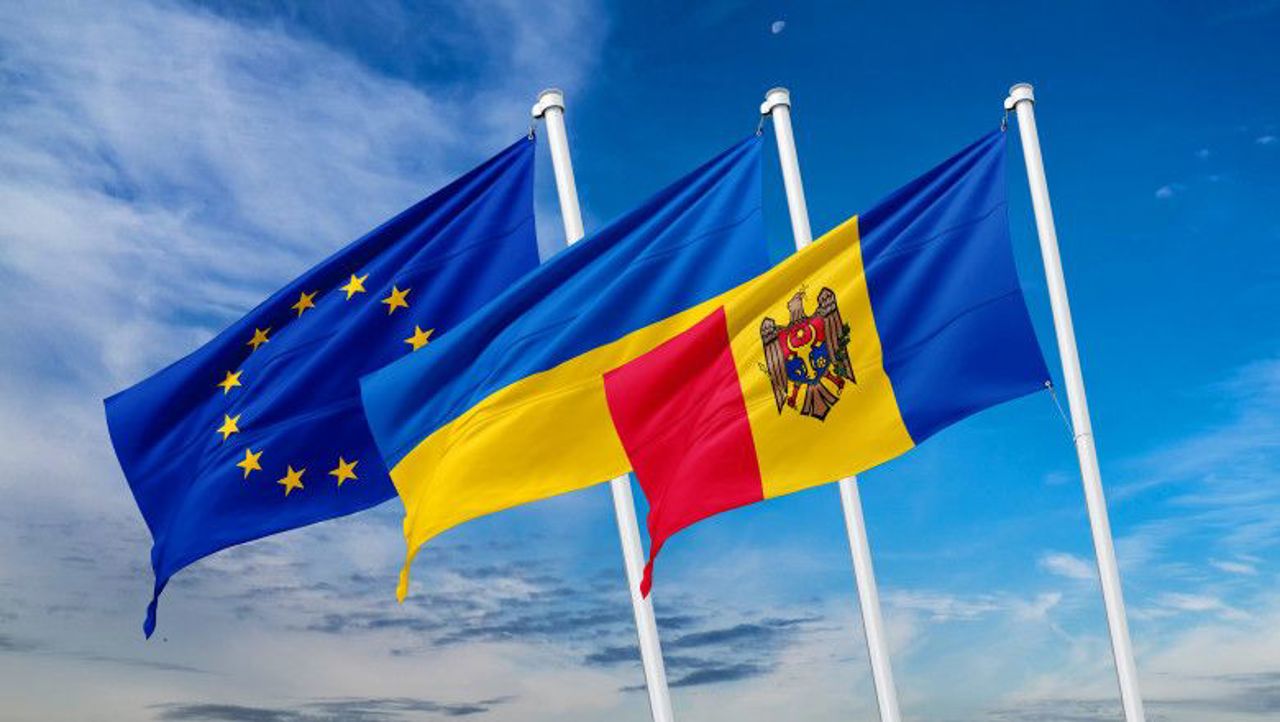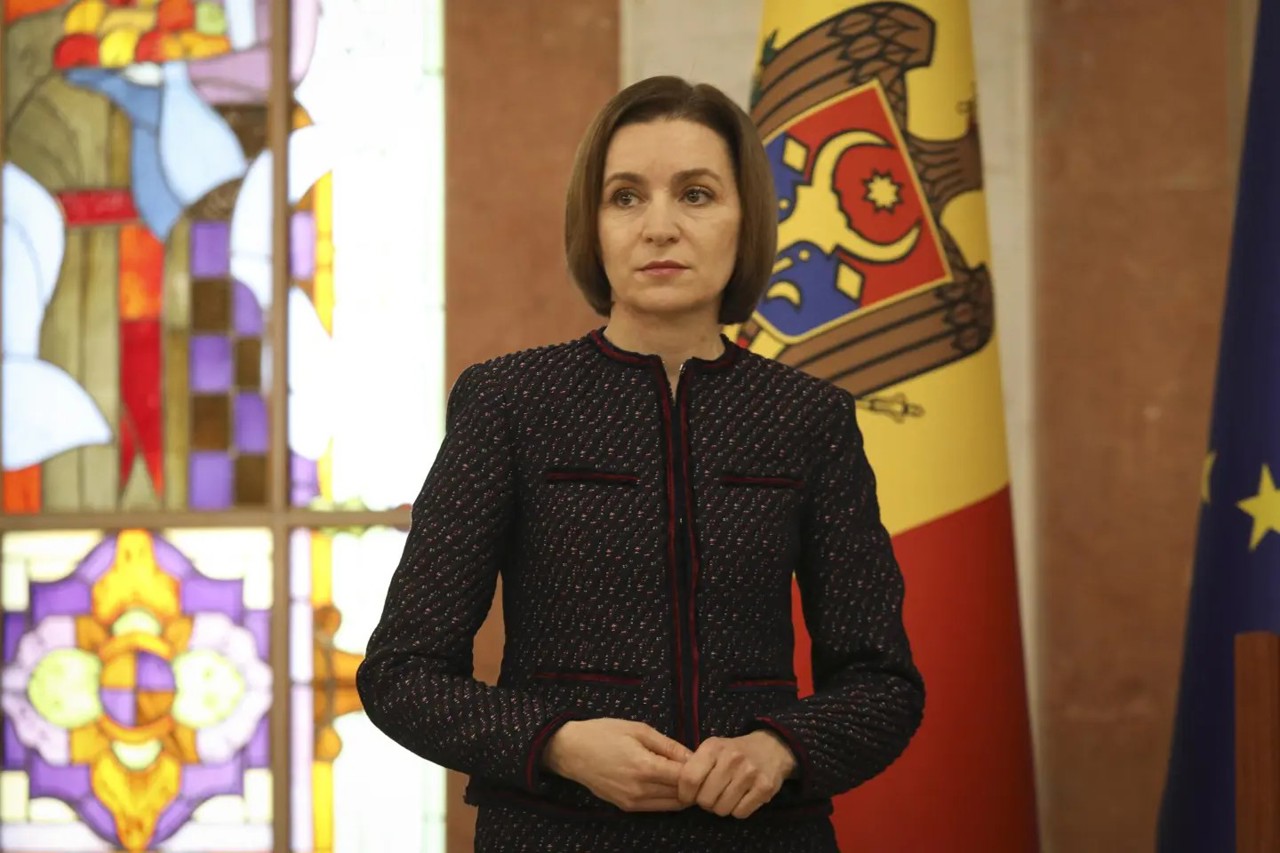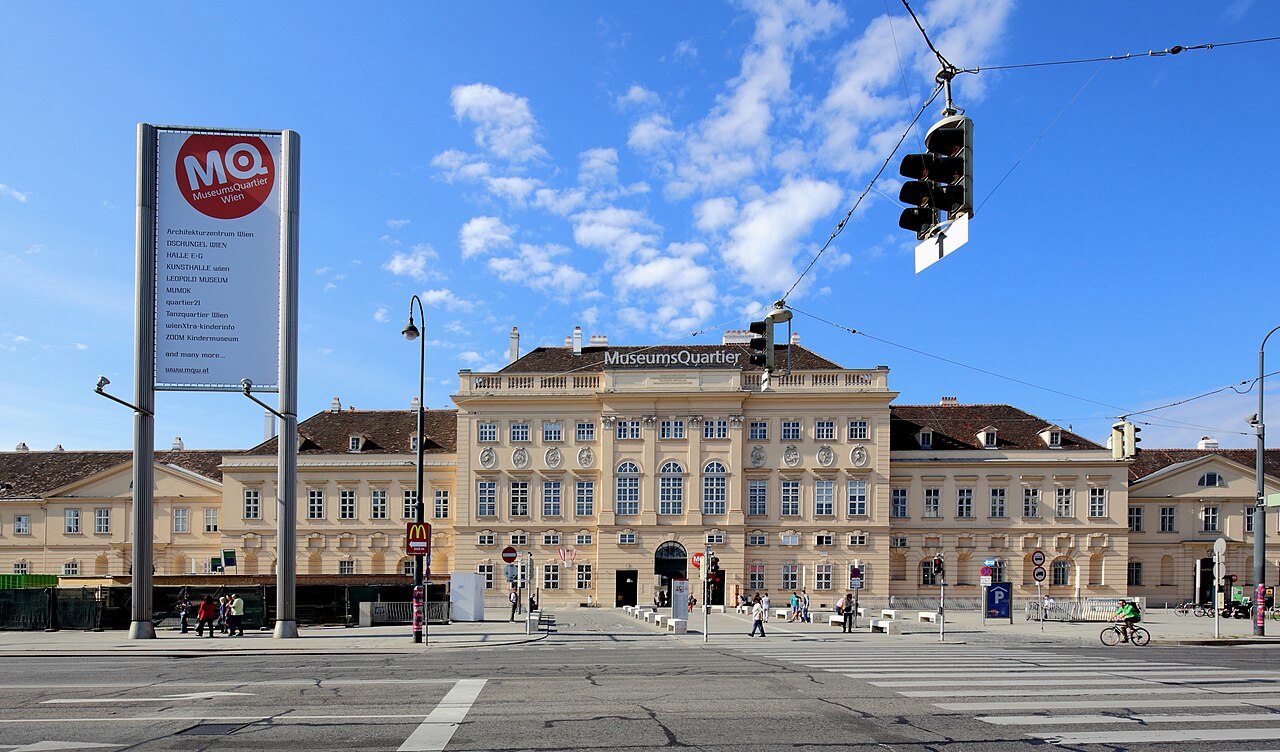EU Accession Talks Begin for Moldova and Ukraine in Luxembourg
The first "intergovernmental conference," marking the beginning of negotiations for the accession of the Republic of Moldova and Ukraine to the European Union, will take place on Tuesday, June 25, in Luxembourg.

Cristina Gherasimov, the chief negotiator for the European integration of the Republic of Moldova, welcomed the Belgian presidency's "historic" decision to open negotiations.
This initial meeting of the negotiators is largely symbolic, intended to mark the conclusion of the rotating Belgian presidency of the EU. Starting July 1, the six-month Hungarian presidency of the EU begins, and nothing indicates that Viktor Orban has a clear desire to prioritise negotiations with Ukraine on his European agenda. The Hungarian prime minister has no objections to Chișinău; in fact, a Hungarian was recently the EU Commissioner for Enlargement. However, tensions between Budapest and Kyiv are high due to Orban's pro-Putinist interest in the situation of the Hungarian minority in Ukraine.
Moreover, nothing could be negotiated today. Negotiations cannot commence without the European Commission, and even the name of the future head of the Commission has not been established yet. Although a Commissioner’s personal margin of manoeuvre is quite limited, they can still influence general policy within the "College" of the 27. Given the widespread dissatisfaction of farmers throughout Europe, agriculture has become a highly politicised field.
Similarly, we do not know who the negotiator for France will be, as the country will soon hold general elections that many observers believe could bring the extreme right to power.
In short, this is how the process unfolds: Each of the 29 (27 + 2) countries designates a chief negotiator, and they meet (the Moldovan and the Ukrainian separately with their colleagues), together with specialists from each branch (the so-called "Chapters") of the negotiations (agriculture, industry, justice, etc.). There is no deadline for completing these negotiations.
The European Commission, the executive branch of the EU, presented an update on both countries to the representatives of the 27 EU member states on June 7 in Brussels. According to the update, later distributed in written form to EU capitals, the two countries had completed all the required reforms, which largely dealt with rule of law issues.
In the case of Moldova, all 27 EU member states agreed that the country had completed its reforms. For Ukraine, 26 countries agreed, with one exception: Hungary. Budapest continued to argue that Ukraine had still not done enough to protect the rights of its ethnic Hungarian minority. Ensuring the rights of national minorities was one of the four conditions Ukraine had to meet. (The paths of the two countries are coupled in this process.) Kyiv recently instituted a financial compensation mechanism for translating electoral materials between minority languages and Ukrainian. The EU Commission noted that Ukraine "adopted several laws and took implementation measures to address the remaining recommendations of the Venice Commission from June 2023 and October 2023 related to the law on national minorities, the state language, media, and education."
AUTHOR: Dan Alexe
Translation by Iurie Tataru





